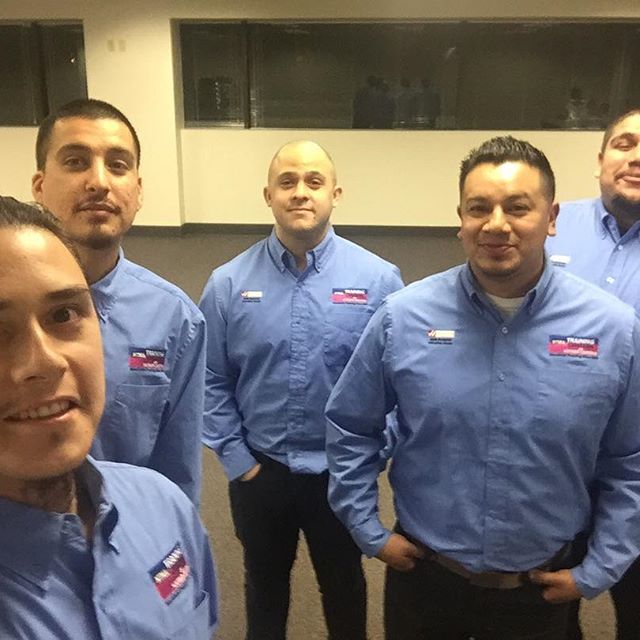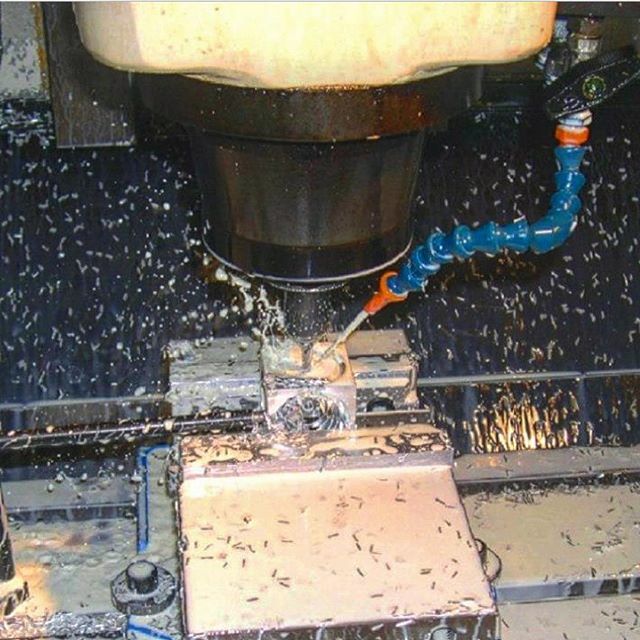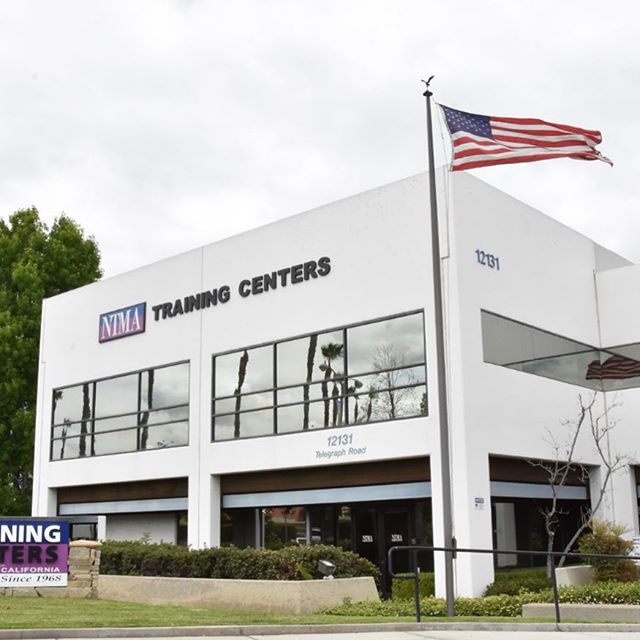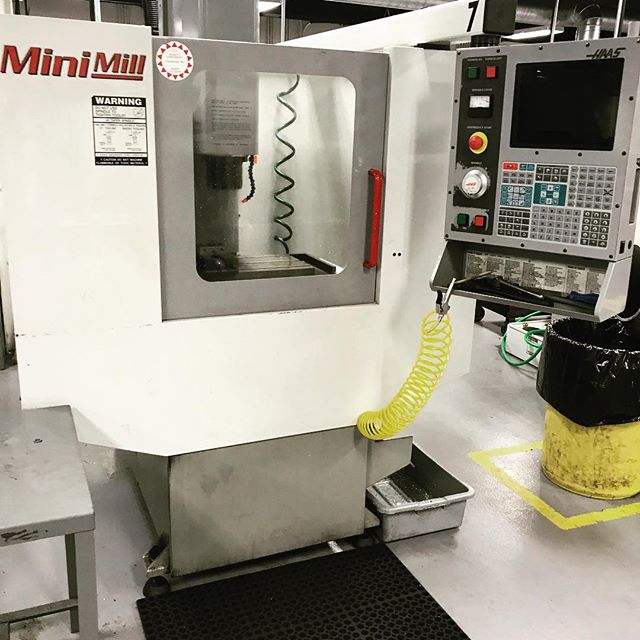
Over the next decade, nearly 3.5 million manufacturing jobs will likely need to be filled! There is a significant manufacturing skills gap, which is expected to leave 2 million of those jobs unfilled! Today’s manufacturing companies are embracing new technologies, innovating constantly, and welcoming new ideas and perspectives from across the globe to stay competitive. If you like to solve problems, are naturally curious, and like new challenges all the time – manufacturing is for you!

Machinists
Tool & Die Makers
Engineers
Quality Inspectors and Quality Control
Schedulers
Planners
Assemblers
Machine Operators
Production Managers
General Managers
Finance Staff
Accounting Staff
Environmental, Health and Safety Staff
Supervisors
Managers, etc

The NTMA is heavily focused on educating future and current members of the manufacturing industry through our national and regional events, webinars, and online training For more information, please check out our Education programs:http://www.ntma.org/initiatives/education/

The National Tooling and Machining Association (NTMA) has been helping members of the U.S. precision custom manufacturing industry achieve profitable growth and business success in a global economy through advocacy, advice, education, networking, information, programs and services for 75 7ears. NTMA’s vision is to become the premier center of industry knowledge, leading U.S. precision custom manufacturing in continuing world leadership.
The NTMA represents nearly 1,300 small to mid-size machine shops and tool and die shops across the country. We also have approximately 30 Chapters that host regional events, run apprenticeship programs and provide other services to their local members. The NTMA helped develop NIMS – the credentialing body for metalworking, and we continue to focus on workforce development and engaging manufacturing’s next generation through our National Robotics League and NTMA-U, our fully online training program developed by industry, for industry.

Most machinists and tool & die makers learn their technical skills on the job through apprenticeships or other on-the-job training programs. However, many students benefit from courses at community colleges, vocational or technical schools and career centers. Many manufacturing companies reward employees that show initiative and aptitude by sending them back to school with full or partial reimbursement – sometimes all the way through a bachelor’s program or an advanced degree program. Many other roles within a manufacturing company match well with courses at community colleges or traditional colleges or universities.